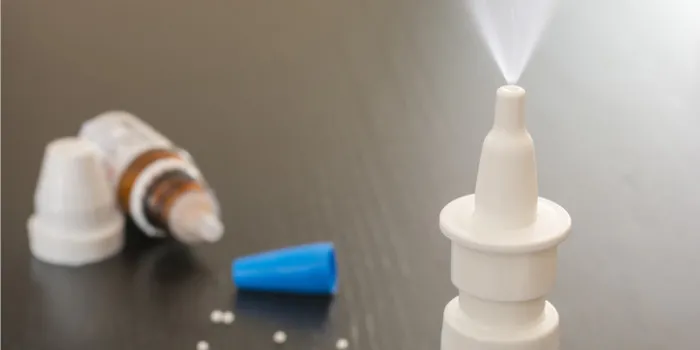Ask a Social Worker is a monthly column featuring questions from the community and answers from members of NHF’s Social Work Working Group. If you have questions for our social workers, send them to [email protected].
Dear Lucy:
Are there any updates on the recall status of Stimate Nasal Spray?
In the hemophilia treatment center (HTC), social workers wear many different hats. One of the roles we are commonly asked to fulfill is to be a bridge to the rest of the HTC team and to the wider bleeding disorders community. Though we may not always have the answer, we are always willing to help find the answer or point patients and their families in the right direction. While the recall status of Stimate does not fall within our scope, I was happy to connect with members of my multidisciplinary HTC team to find an update for you.
The short answer is that Stimate Nasal Spray is not a commercially available treatment option at this time, and it probably won’t be until the second half of 2023. Medical providers and patient advocacy groups are well aware of the hardship that the Stimate recall created for many people living with mild bleeding disorders who cannot easily access home infusion treatments. The National Hemophilia Foundation, the Hemophilia Federation of America and other patient advocacy groups have expended a great deal of effort through petitions to the Food and Drug Administration and pharmaceutical manufacturers to work on solutions that will address the needs of these patients.
Meanwhile, HTC physicians and pharmacists are always available to discuss treatment options with our patients and their family members. If your current treatment plan is not working for you, I strongly suggest that you ask your medical providers for assistance. Medications often come in a variety of formulations, so trying a different form of a medication or adjusting the treatment schedule may be the key to successfully managing symptoms. The purpose of the multidisciplinary HTC team is to help our patients manage their bleeding disorders in a way that works for them and allows them to lead active, healthy lifestyles.
We understand that the adjustments required to live with a bleeding disorder are not always easy, so we welcome feedback from our patients on how we can better serve their needs.
—Lucy Ramirez, MSW, LCSW

Ramirez is a social worker at Rush Hemophilia and Thrombophilia Center in Chicago and a member of the Social Work Group.

